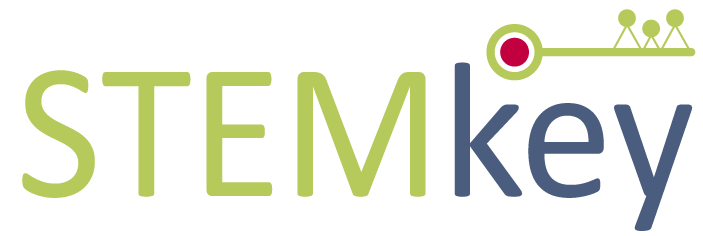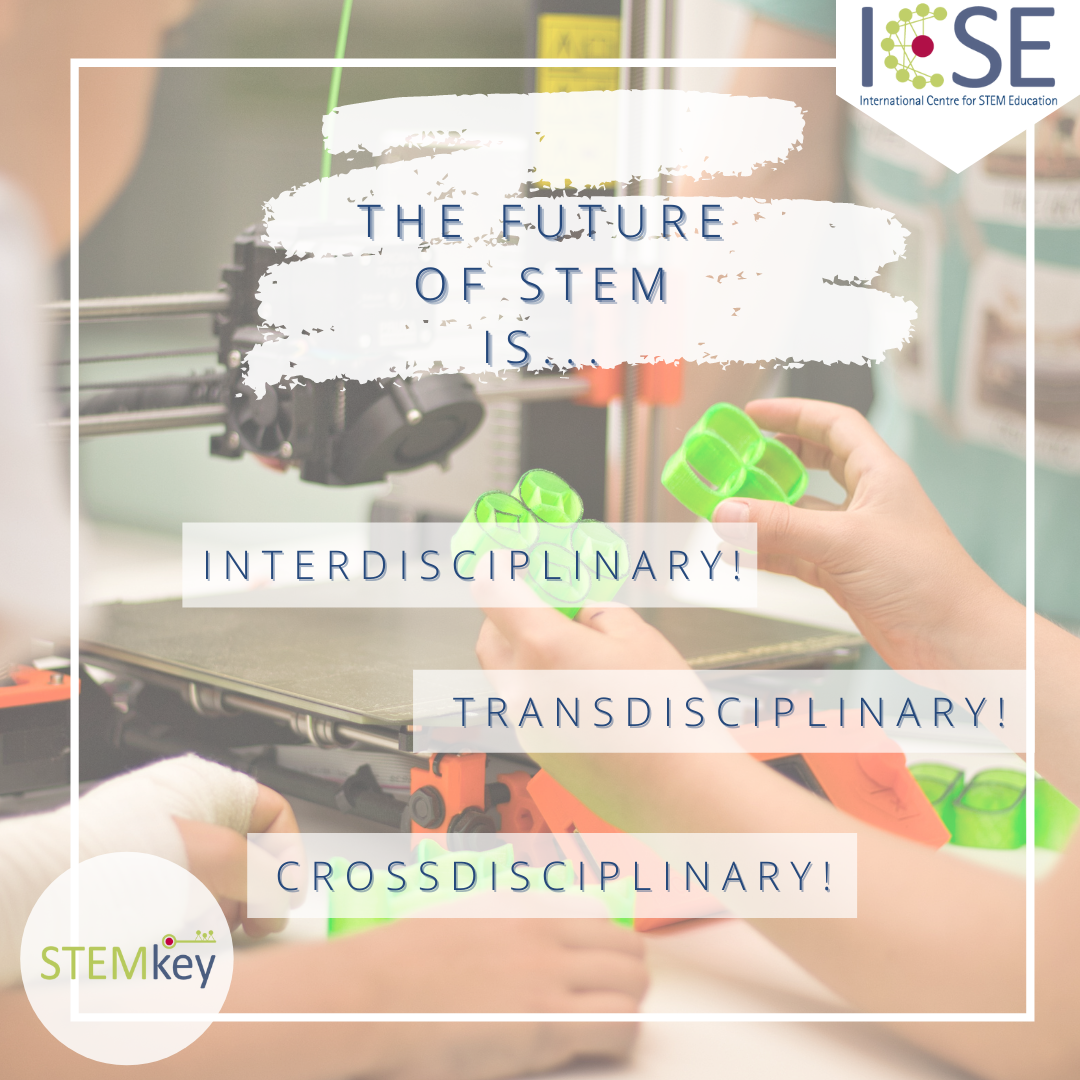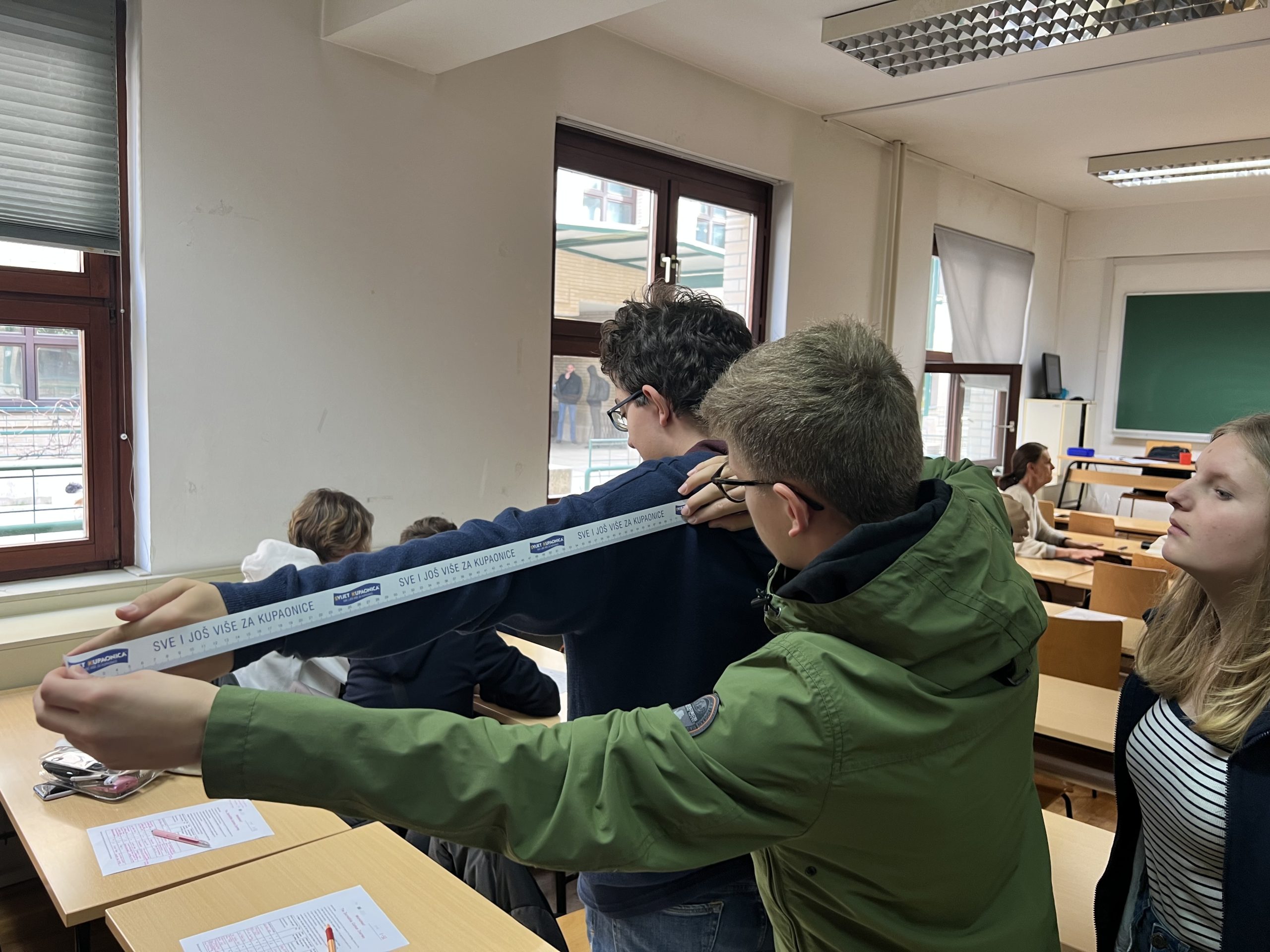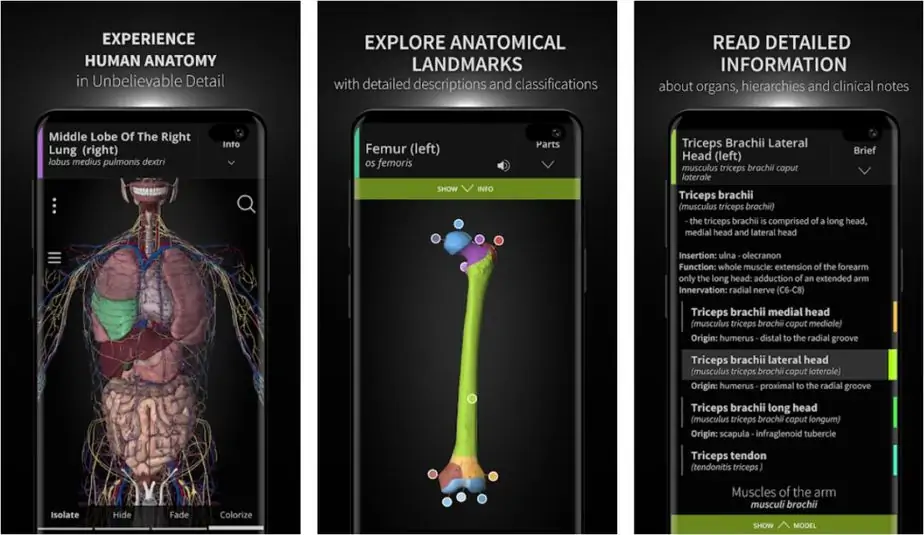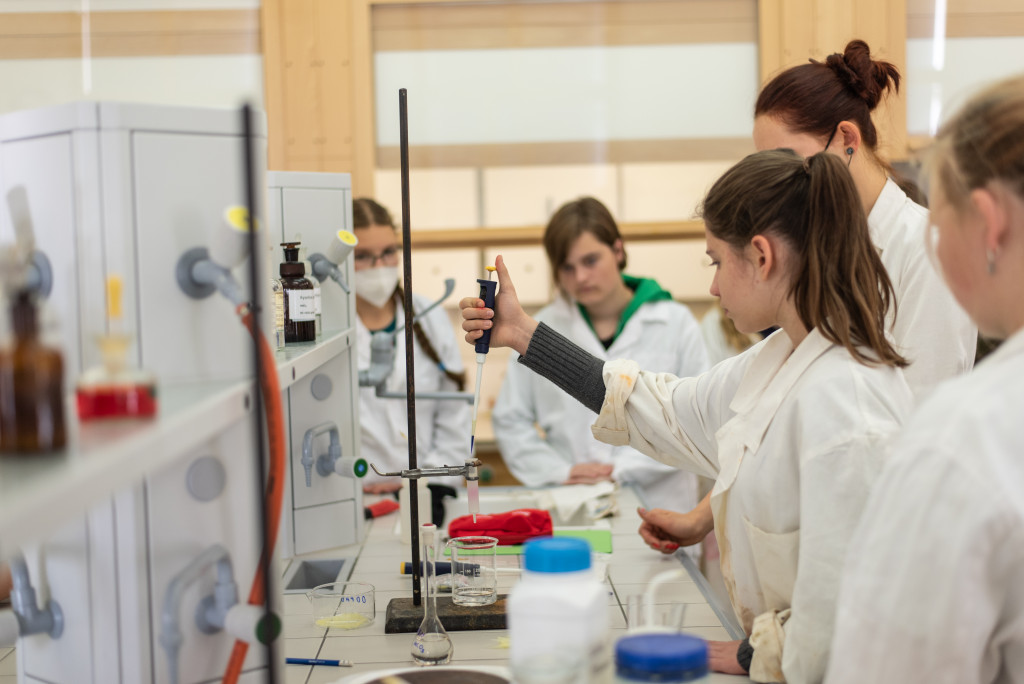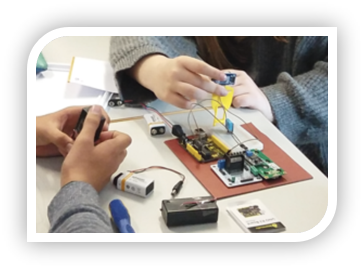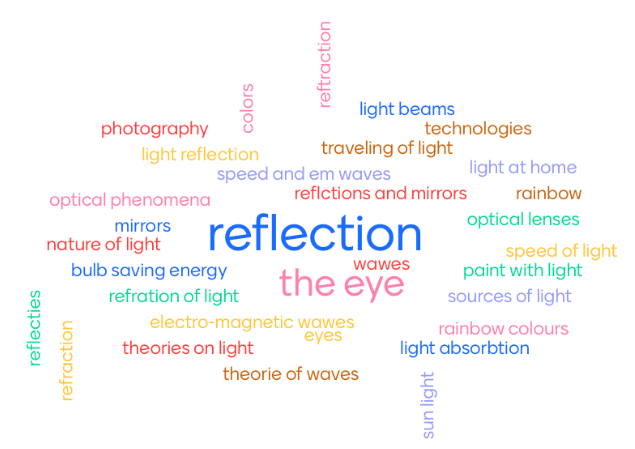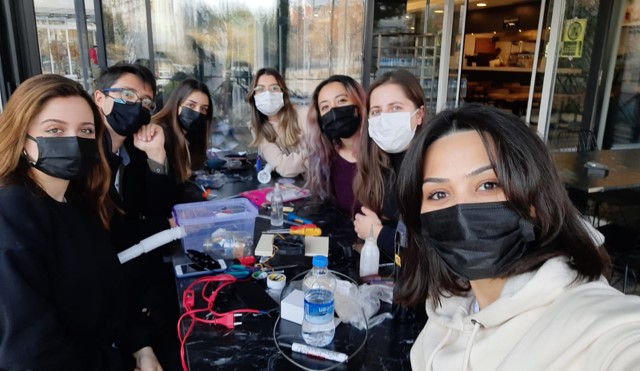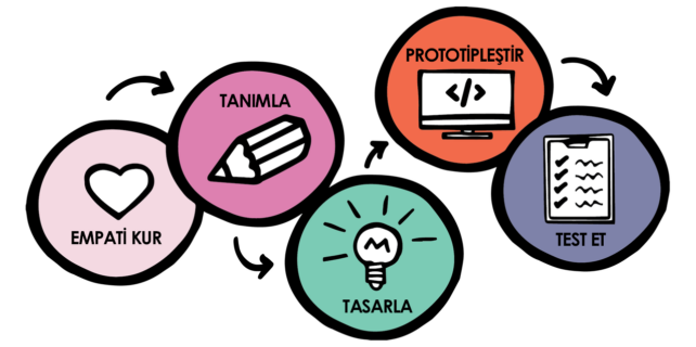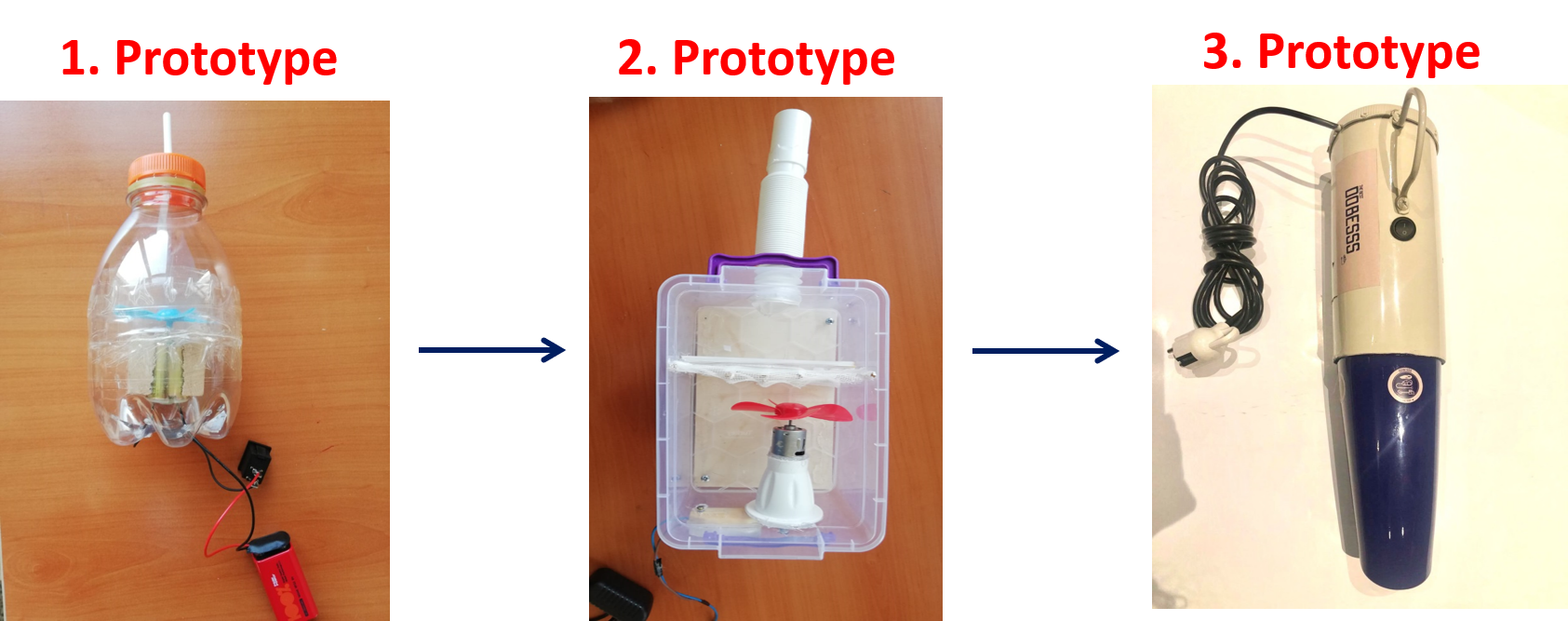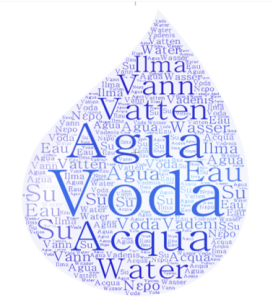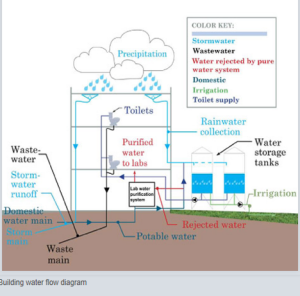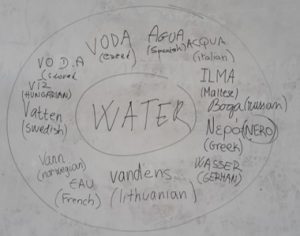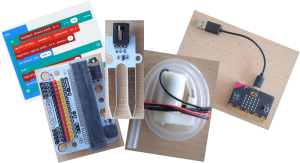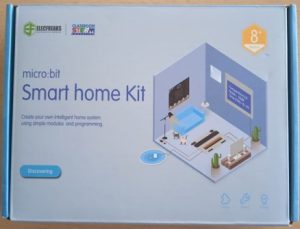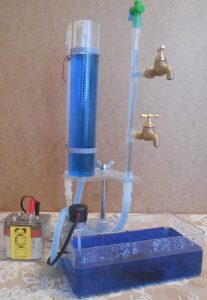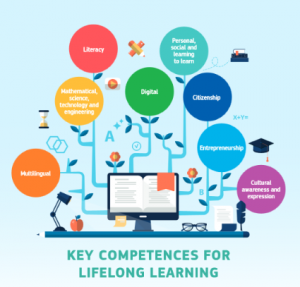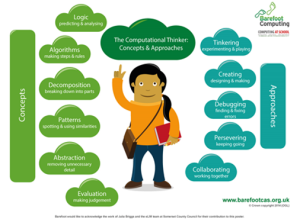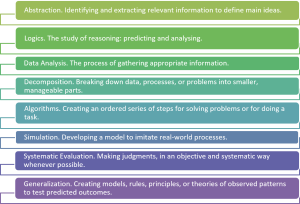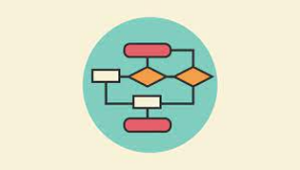STEMkey Module 1 – Introduction on Developing Key Competences with an interdisciplinary approach in STEM education
Elevating STEM Education through Key Competences and Interdisciplinary Approaches
Welcome to Module IO1, a cornerstone of our Erasmus+ project that synergizes key competences with interdisciplinary STEM education. This module acts as a gateway to the EU’s Framework for Key Competences for Lifelong Learning, showcasing the transformative power of interdisciplinary STEM methods in educational settings.
What IO1 Delivers:
- A thorough understanding of the EU’s Key Competences Framework and its pivotal role in shaping Europe’s educational future.
- Innovative strategies to weave learners’ key competences into a cohesive series of 13 interrelated modules.
- A focus on interdisciplinary perspectives, emphasizing the significance of Critical Thinking, Creativity, and Problem-Solving in solving real-life problems.
- An exploration of educational methods such as inquiry-based learning (IBL), project-based learning (PBL), and engineering design processes (EDP) that nurture key competences.
- Integration of digital tools and inclusive learning environments, catering to the diverse needs of students, particularly girls in STEM.
Needs Analysis:
The EU’s Key Competence Framework, although crucial, remains underrepresented in STEM education, which tends to favor conventional subject-specific teaching. Our exploration in IO1 highlighted the need for a paradigm shift to effectively integrate these competences into educational practices. We’ve reimagined the delivery of standard STEM subjects to embrace interdisciplinarity and bolster skills like Critical Thinking, Creativity, and Problem-Solving.
Target Groups:
Designed primarily for Higher Education staff in future STEM teacher programs, IO1-13 also offer valuable perspectives for in-service STEM teachers aiming to refine their teaching methodologies. Each subject module (IO2-12) is crafted to be flexible and applicable in STEM classrooms.
Innovativeness:
At the heart of IO1 is a groundbreaking approach that strengthens learners’ key competences (knowledge, skills, and attitudes) in STEM subjects. It draws from diverse STEM disciplines and prioritizes the cultivation of Critical Thinking as a key skill across all STEM and digital competences.
Expected Impact:
IO1 has been a catalyst for increased awareness and understanding of the EU’s key competence framework, promoting a holistic approach to STEM education. It equips educators with the tools to deliver STEM topics integratively, ensuring balanced development of knowledge, skills, and attitudes. By introducing Critical Thinking and Creativity as core elements, IO1 prepares educators to effectively foster these skills in their STEM classes.
With our finalized educational concept we enable learners to develop Critical Thinking, Creativity, and Problem-Solving through the activities in IO2-12. This “triple concept” forms the backbone of our STEMkey framework, representing a forward-thinking solution that enriches our understanding and implementation of the EU’s Key Competence Framework in STEM education.
Download the materials for module 01 here, available in English and German.

